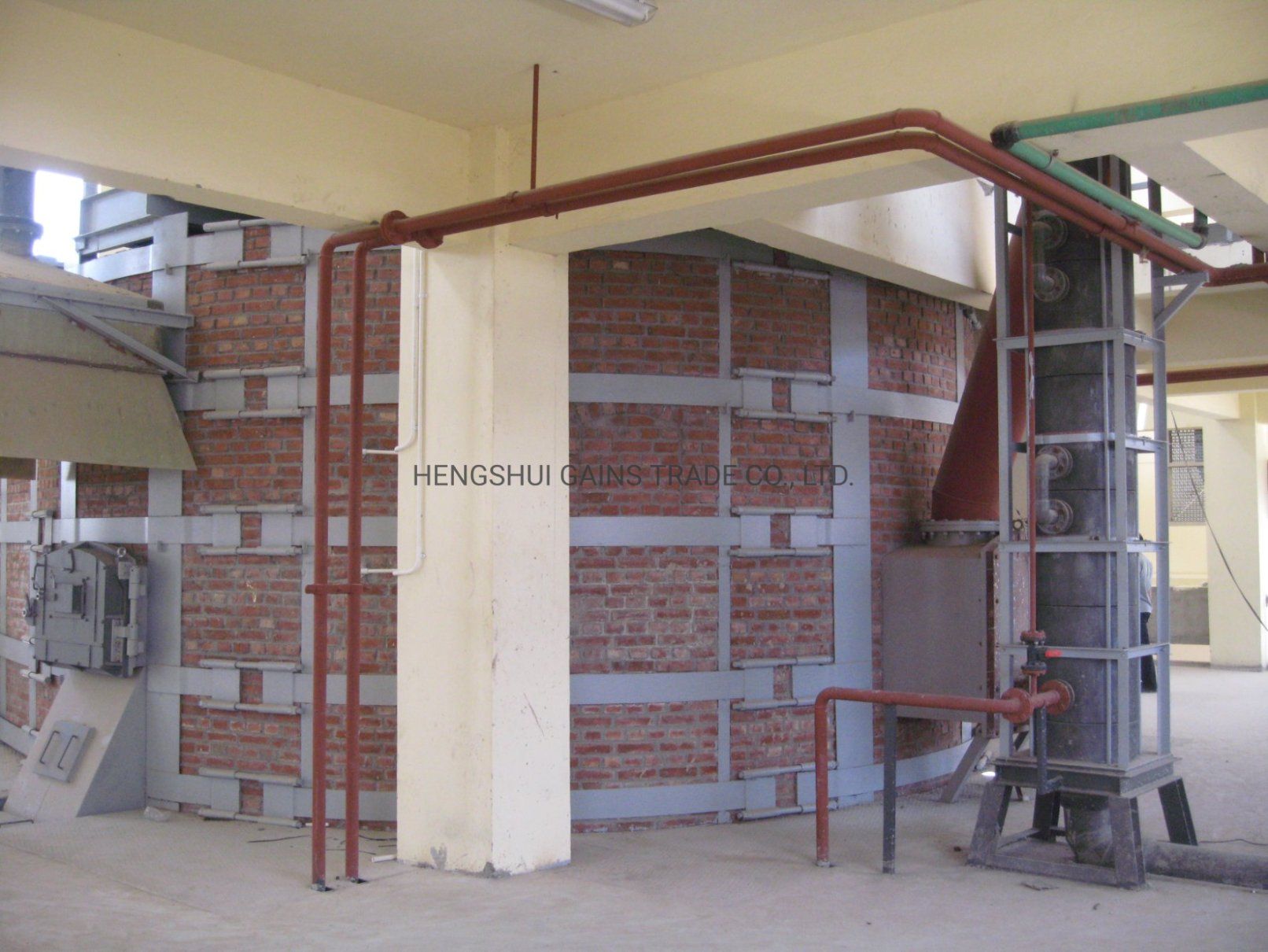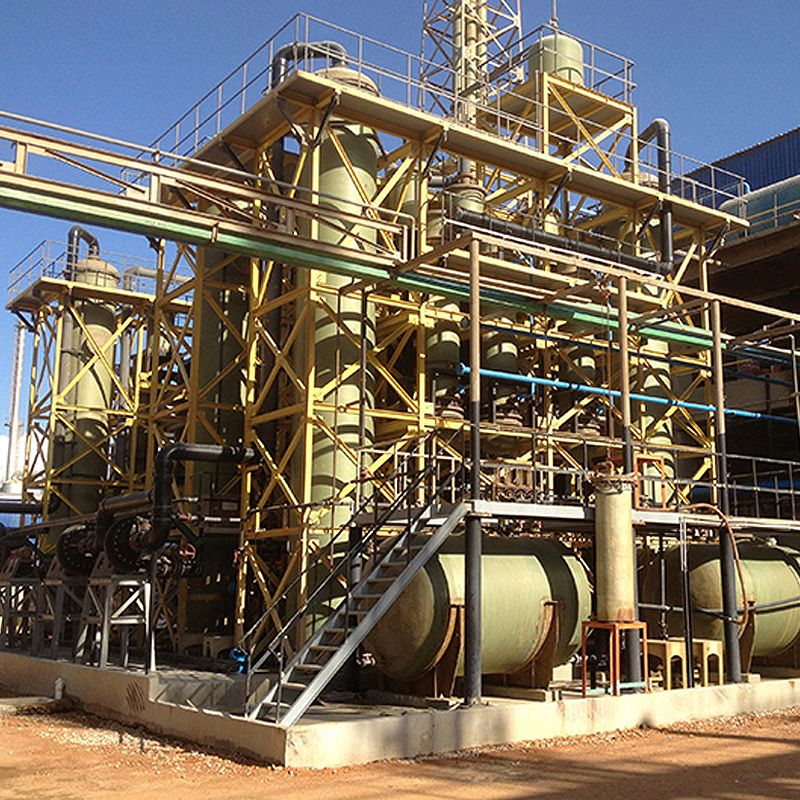Mannheim Process for Producing Potassium Sulphate (K2SO4) Fertilizer Line
$200,010.00
Description
Unlock agricultural excellence with our Mannheim Process Potassium Sulphate (K2SO4) Fertilizer Production Line. Designed for efficiency and high yield, this robust system ensures top-quality output to boost crop growth. Don’t miss out on cultivating success—invest in your future today!
SKU
3885784663756
Category Chemical Equipment
Tags Chemical Drying Equipment, Chemical Equipment Machinery, Chemical Fertilizer Production, Chemical Fertilizer Production Line, Chemical Granulators, Cutting Production Line, Fertilizer Line, Fertilizer Production Line, Fertilizer Production Plant, Plant Chemical, Production Line, Production Line Trends, Tube Production Line
Brand: HENGSHUI GAINS TRADE CO., LTD.
Send Inquiry








